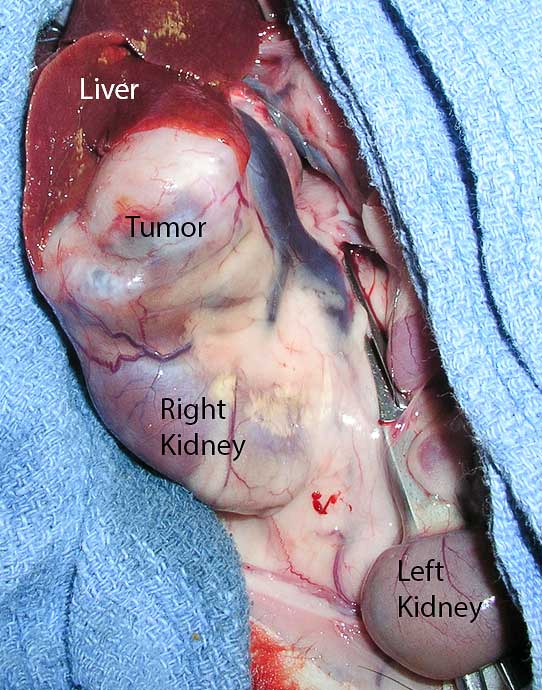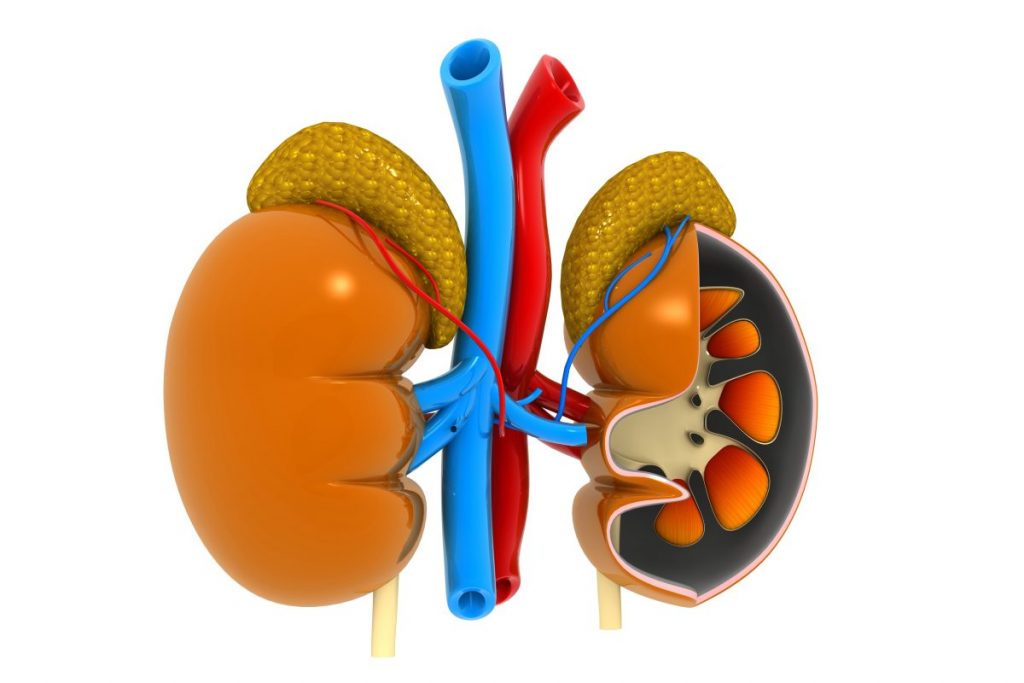

Neuroblastomas can also develop in your abdomen, chest or spinal cord. Neuroblastoma, a cancer in nerve tissue that often affects children.Ganglioneuroma, a tumor occurring in adults and children that develops in autonomic nervous system cells.These disorders typically include medullary or adrenal tumors, most of which are benign (noncancerous). What conditions and disorders affect the adrenal medulla?Ĭonditions affecting the medulla are rare but can be life-threatening. Contributes to your brain’s ability to store memories.This hormone helps your body respond to stress by:

Increasing blood pressure and heart output.Your medulla secretes adrenaline in response to low blood sugar levels or exercise. Heightened awareness of your surroundings.Other signs of the fight-or-flight response include: This is also known as the fight-or-flight response. Within moments, your body releases adrenal medulla hormones to boost organ functioning. Catecholamines include adrenaline and noradrenaline, also known as epinephrine and norepinephrine. adrenal medulla secretes catecholamines, hormones that help your body respond to stress. Von Hippel-Lindau disease information page.diseases-conditions/pheochromocytoma/symptoms-causes/syc-20355367 Extra-adrenal pheochromocytoma after operation of congenital heart disease: A case report of 18-year-old boy. DOI: 10.4174/jkss.2012.83 Surgical treatment: Evidence-based and problem-oriented. Medical management of pheochromocytoma: Role of the endocrinologist. DOI: 10.4103/2230-8210.86976 You can learn more about how we ensure our content is accurate and current by reading our editorial policy. Healthline has strict sourcing guidelines and relies on peer-reviewed studies, academic research institutions, and medical associations. When chromaffin cells grow abnormally within the adrenal glands they are called pheochromocytomas, but when they develop elsewhere in the body they are called paragangliomas.īoth PCCs and paragangliomas can produce excessive hormones called catecholamines. The cells that make up these tumors are known as chromaffin cells. Increased levels of these hormones can put the body into a stress-response state, causing blood pressure to increase. Together these hormones control heart rate, metabolism, blood pressure, and the body’s stress response. The tumor can cause the adrenal glands to make too much of the hormones norepinephrine (noradrenaline) and epinephrine (adrenaline). Pheochromocytoma (PCC) is a rare tumor that can form in cells in the middle of the adrenal glands. These hormones regulate vital bodily functions such as: The adrenals produce hormones that give the organs and tissues in your body instructions on how they should function. Your body has two adrenal glands, one located above each of your kidneys. Share on Pinterest Sergio Monti/EyeEm/Getty Images


 0 kommentar(er)
0 kommentar(er)
